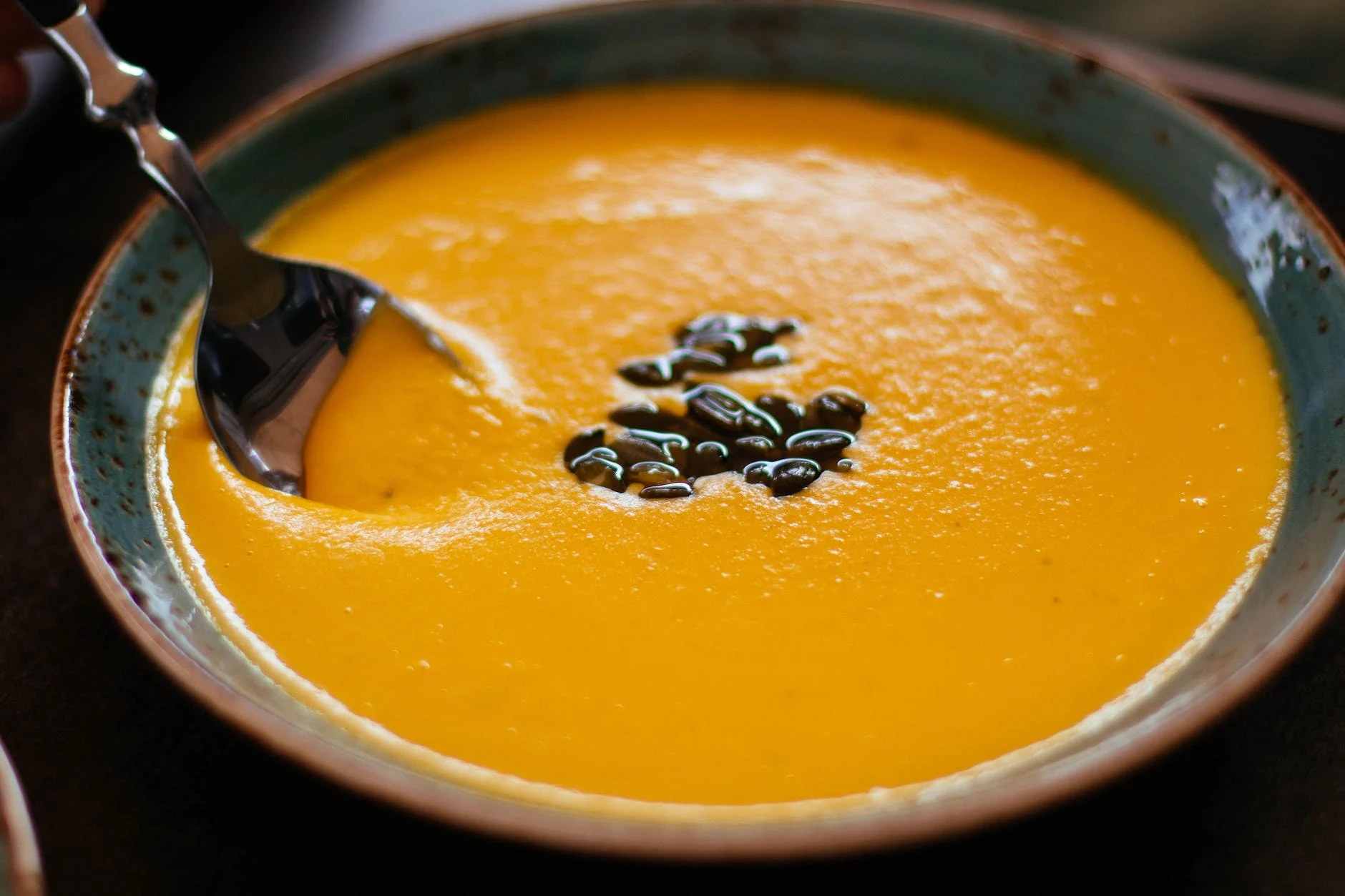Squashing the Myths: can dogs eat butternut squash?
Unleashing the truth: Discover if your furry friend can unearth the delicious mysteries of butternut squash!
Imagine sitting down to enjoy a delicious butternut squash dish, only to be met with pleading eyes and wagging tails from your furry friend. You start to wonder, can dogs eat butternut squash? Is it safe for them? In this blog post, we will debunk the myths surrounding this tasty vegetable and provide you with all the information you need to know about feeding butternut squash to your beloved canine companion.
Can Dogs Eat Butternut Squash?
The good news is that butternut squash is generally safe for dogs to eat. This versatile vegetable can indeed be included in their diet, serving as a healthy and nutritious addition. However, as with any food, moderation is essential, and there are a few precautions to keep in mind.
The Health Benefits of Butternut Squash for Dogs
Butternut squash is packed with essential vitamins and minerals that contribute to a dog’s overall health and well-being. Here are some of the key benefits:
1. Dietary Fiber: Butternut squash is an excellent source of dietary fiber, which aids in digestion and promotes a healthy weight. Including this vegetable in your dog’s diet can help regulate their bowel movements and prevent constipation.
2. Vitamins and Minerals: Butternut squash is rich in vitamins A, C, and E, which are essential for a dog’s immune system, skin health, and vision. Additionally, it contains potassium, magnesium, and calcium, which contribute to bone strength and muscle function.
3. Antioxidants: This vibrant orange vegetable is packed with antioxidants that help combat free radicals, reducing the risk of chronic diseases and boosting your dog’s overall immune system.
Precautions and Risks of Feeding Butternut Squash to Dogs
While butternut squash is generally safe for dogs, there are a few precautions to be aware of:
1. Preparation: Before offering your pup some butternut squash, make sure to remove the skin, seeds, and rind. These parts can be tough to digest and may pose a choking hazard or lead to gastrointestinal issues if consumed in large quantities.
2. Allergic Reactions or Gastrointestinal Upset: While rare, some dogs may be allergic to butternut squash or experience gastrointestinal upset if introduced to it for the first time. It is essential to monitor your dog closely after introducing this vegetable into their diet. If you notice any abnormal symptoms such as vomiting, diarrhea, or itching, consult your veterinarian.
3. Moderation: While butternut squash has many health benefits, it should only be given to dogs in moderate quantities. Too much of this vegetable can lead to digestive issues due to its high fiber content. Small portions incorporated into their regular diet are ideal.
Safely Incorporating Butternut Squash into Your Dog’s Diet
Now that you know the benefits and precautions, let’s explore how to safely incorporate butternut squash into your dog’s meals:
1. Preparation: Steam or bake the butternut squash until it is soft and easily mashed. This will make it more digestible for your dog.
2. Serving Suggestions: You can serve butternut squash as a standalone treat or mix it with your dog’s regular food to add some variety to their mealtime. Another option is to make homemade treats using mashed or pureed butternut squash as one of the ingredients.
3. Introduction and Monitoring: Introduce butternut squash gradually into your dog’s diet to see how they react. Start with small portions and observe if any adverse reactions occur. Monitoring your dog’s stool consistency and overall well-being is important during this process.
Conclusion
So, can dogs dig into butternut squash? Absolutely! This delicious and nutritious vegetable can be a healthy addition to your dog’s diet. Remember to remove the skin, seeds, and rind, and introduce it in moderation. Butternut squash provides vital vitamins, minerals, and fiber, contributing to your dog’s overall well-being. Always keep an eye out for any signs of allergies or gastrointestinal upset, and consult your veterinarian if you have any concerns.
Now, grab that butternut squash and get creative with how you incorporate it into your dog’s meals. Your furry friend will surely appreciate the nutritious goodness and the tasty change of pace!








GIPHY App Key not set. Please check settings